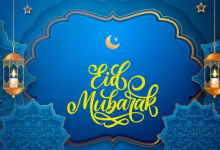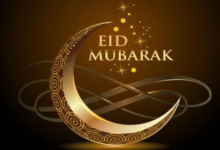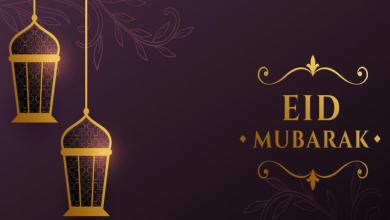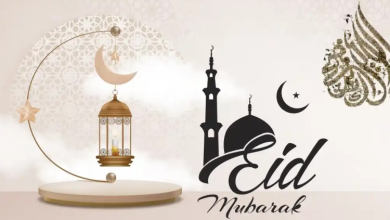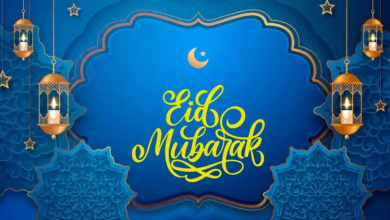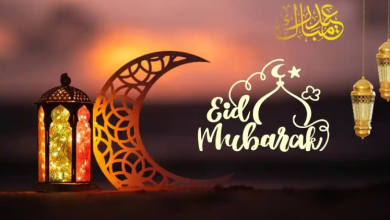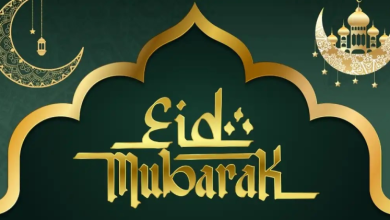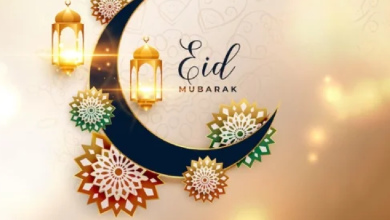Quotes on Eid ul adha from Quran 2024
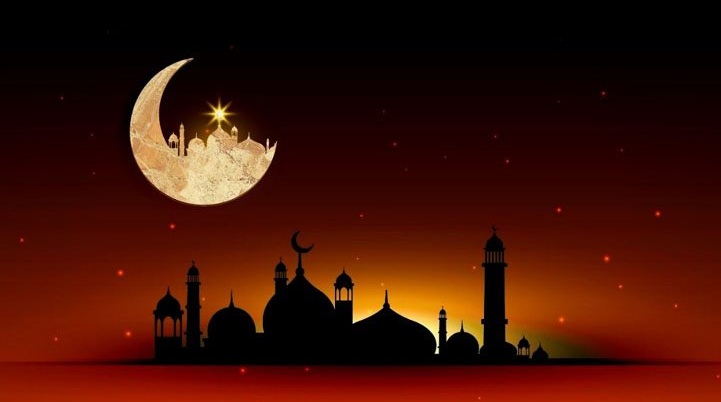
Eid ul-Adha, also known as the Festival of Sacrifice, is one of the most significant Islamic holidays. Celebrated by millions of Muslims worldwide, this festival commemorates the willingness of Prophet Ibrahim (Abraham) to sacrifice his son as an act of obedience to Allah. Eid ul-Adha is marked by prayer, feasting, and the act of Qurbani, or animal sacrifice, symbolizing giving up something valued in devotion to God.
In this blog post, we will explore the spiritual significance of Eid ul-Adha, key Quranic quotes on sacrifice, the rituals associated with the festival, and the importance of charity and community. Additionally, we will share inspirational quotes from the Quran and discuss their relevance in our daily lives.
The Spiritual Significance of Eid ul-Adha
Eid ul-Adha is deeply rooted in the story of Prophet Ibrahim. His unwavering faith and willingness to sacrifice his beloved son, Isma’il (Ishmael), in obedience to Allah’s command is a powerful testament to submission and devotion. This act of faith is celebrated annually by Muslims as a reminder of the importance of obedience, sacrifice, and trust in God’s wisdom.
The festival also coincides with the completion of Hajj, the pilgrimage to Mecca, one of the Five Pillars of Islam. Pilgrims who perform Hajj follow in the footsteps of Prophet Ibrahim and his family, commemorating their trials and triumphs. Eid ul-Adha is a time for Muslims to reflect on their faith and commitment to Allah, renewing their spiritual bonds and seeking forgiveness and guidance.
Key Quotes on Sacrifice from the Quran
The Quran contains numerous verses emphasizing the importance of sacrifice and devotion to Allah. These quotes serve as a source of inspiration and guidance for Muslims as they celebrate Eid ul-Adha. Here are some key verses:
- Surah Al-Baqarah (2:196) – “And complete the Hajj and ‘umrah for Allah. But if you are prevented, then [offer] what can be obtained easily from sacrificial animals.”
This verse highlights the rewards of leading a righteous life, encouraging Muslims to strive for goodness in all their actions.
- This verse highlights the significance of sacrifice during Hajj and emphasizes the importance of fulfilling one’s religious duties.
- Surah Al-Hajj (22:37) – “Their meat will not reach Allah, nor will their blood, but what reaches Him is piety from you.”
- This verse reminds Muslims that sacrifice is not about the physical offering but the sincerity and purity behind it.
- Surah Al-Kawthar (108:2) – “Therefore, turn in prayer to your Lord and sacrifice (to Him only).”
- This verse encourages Muslims to offer their sacrifices solely for Allah, reinforcing the importance of devotion and submission.
Understanding the Rituals of Eid ul-Adha
The Hajj Pilgrimage
Hajj is a mandatory religious duty for Muslims who can physically and financially undertake the pilgrimage to Mecca at least once in their lifetime. The rituals of Hajj commemorate the actions of Prophet Ibrahim, his wife Hajar, and their son Isma’il. These rituals include Tawaf (circling the Kaaba), Sa’i (walking between the hills of Safa and Marwah), and the symbolic stoning of the devil.
The Tradition of Qurbani
Qurbani, or the act of animal sacrifice, is a central ritual of Eid ul-Adha. It commemorates Prophet Ibrahim’s willingness to sacrifice his son in obedience to Allah. Instead, Allah provided a ram to be sacrificed in place of Isma’il. Muslims around the world perform Qurbani by sacrificing an animal, such as a sheep, goat, cow, or camel, following specific guidelines outlined in the Quran.
Quranic Teachings on Qurbani
- Surah Al-Hajj (22:34) – “And for every nation We have appointed a rite [of sacrifice] that they may mention the name of Allah over what He has provided for them of sacrificial animals.”
- This verse underscores the universal nature of the act of sacrifice and its significance in drawing closer to Allah.
- Surah Al-Hajj (22:28) – “That they may witness benefits for themselves and mention the name of Allah on known days over what He has provided for them of [sacrificial] animals.”
- This verse highlights the dual purpose of sacrifice – expressing gratitude to Allah and deriving personal and communal benefits.
The Importance of Charity and Community on Eid ul-Adha
Eid ul-Adha is not just about personal spiritual growth but also a time for Muslims to demonstrate generosity and compassion towards others. The festival encourages meat distribution from the Qurbani to family, friends, and those in need, ensuring everyone can partake in the celebrations.
Values of Generosity and Sharing
- Surah Al-Insan (76:8-9) – “And they give food in spite of love for it to the needy, the orphan, and the captive, [Saying], ‘We feed you only for the countenance of Allah. We wish not from you reward or gratitude.'”
- This verse epitomizes the spirit of selflessness and charity that Muslims are encouraged to embody during Eid ul-Adha.
Community Service and Solidarity
Eid ul-Adha fosters a sense of unity and solidarity within the Muslim community. It is a time for families and friends to come together, share meals, and strengthen their bonds. Many Muslims also participate in community service activities, such as organizing food drives or volunteering at local shelters, to extend the blessings of the festival to those less fortunate.
- Surah At-Tawbah (9:60) – “Zakah expenditures are only for the poor and for the needy and for those employed to collect [zakah] and for bringing hearts together [for Islam] and for freeing captives [or slaves] and for those in debt and for the cause of Allah and for the [stranded] traveler – an obligation [imposed] by Allah. And Allah is Knowing and Wise.”
- This verse emphasizes the importance of supporting various community members through charitable acts, reinforcing the collective responsibility of Muslims.
Inspirational Quotes and Their Application
Eid ul-Adha is a time of reflection and spiritual renewal. The Quran offers numerous quotes that inspire Muslims to lead lives of purity, compassion, and humility. Here are a few uplifting quotes and their practical applications:
- Surah Al-Baqarah (2:177) – “Righteousness is not that you turn your faces towardRighteousnessthe west, but [true] Righteousness is in one who believes in Allah, the LRighteousnessAngels, the Book, and the Prophets and gives his wealth, in spite of love for it, to relatives, orphans, the needy, the traveler, those who ask [for help], and for freeing slaves; [and who] establishes prayer and gives zakah; [those who] fulfill their promise when they promise; and [those who] are patient in poverty and hardship and during battle. Those are the ones who have been true, and it is those who are the righteous.”
- This verse encourages Muslims to go beyond mere ritualistic practices and embody the essence of Righteousness through belief, charity, and good condRighteousness-Hujurat (49:13) – “O mankind, indeed We have created you from male and female and made you peoples and tribes that you may know one another. Indeed, the most noble of you in the sight of Allah is the most righteous of you. Indeed, Allah is Knowing and Acquainted.”
- This verse promotes diversity, inclusivity, and respect for all individuals, reminding Muslims of the importance of fostering harmonious community relationships.
Surah An-Nahl (16:97) – “Whoever does righteousness, whether male or female, while he is a believer – We will surely cause him to live a good life, and We will surely give them their reward [in the Hereafter] according to the best of what they used to do.”
